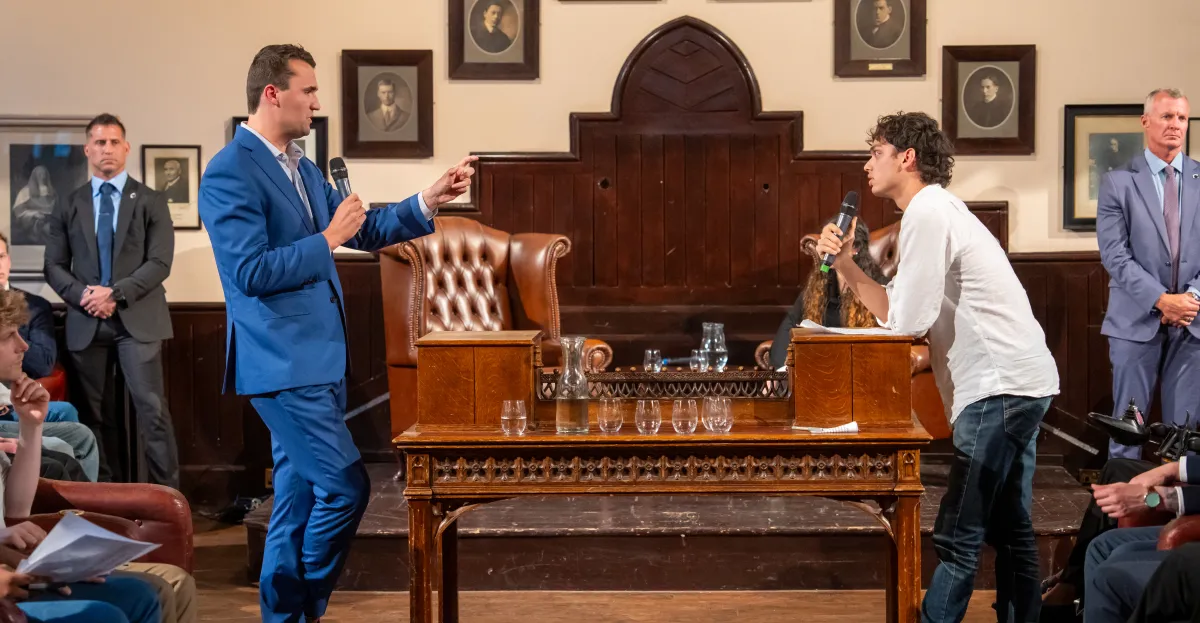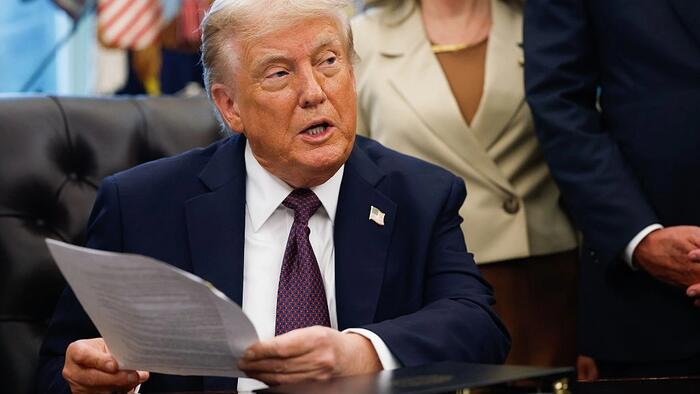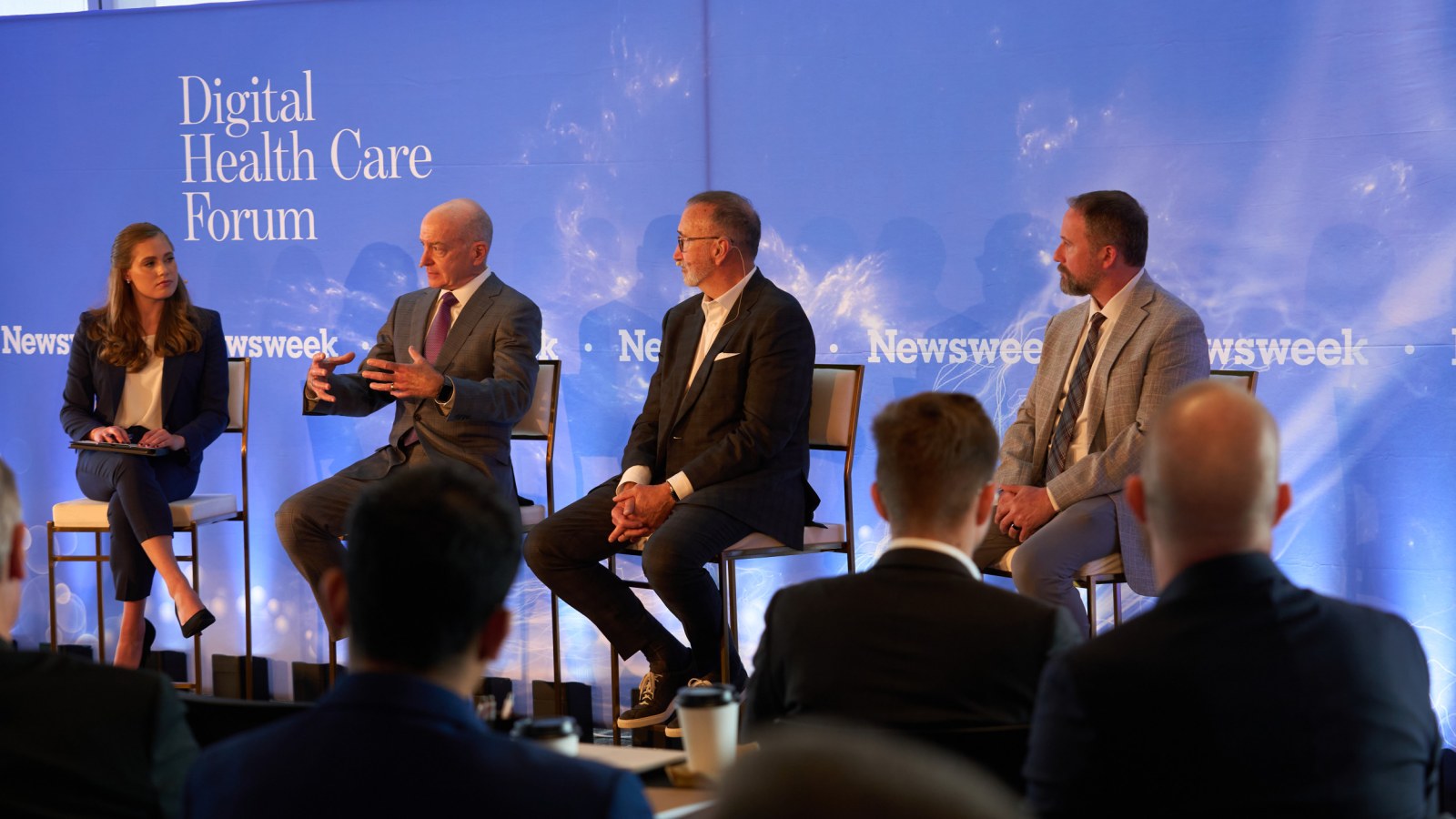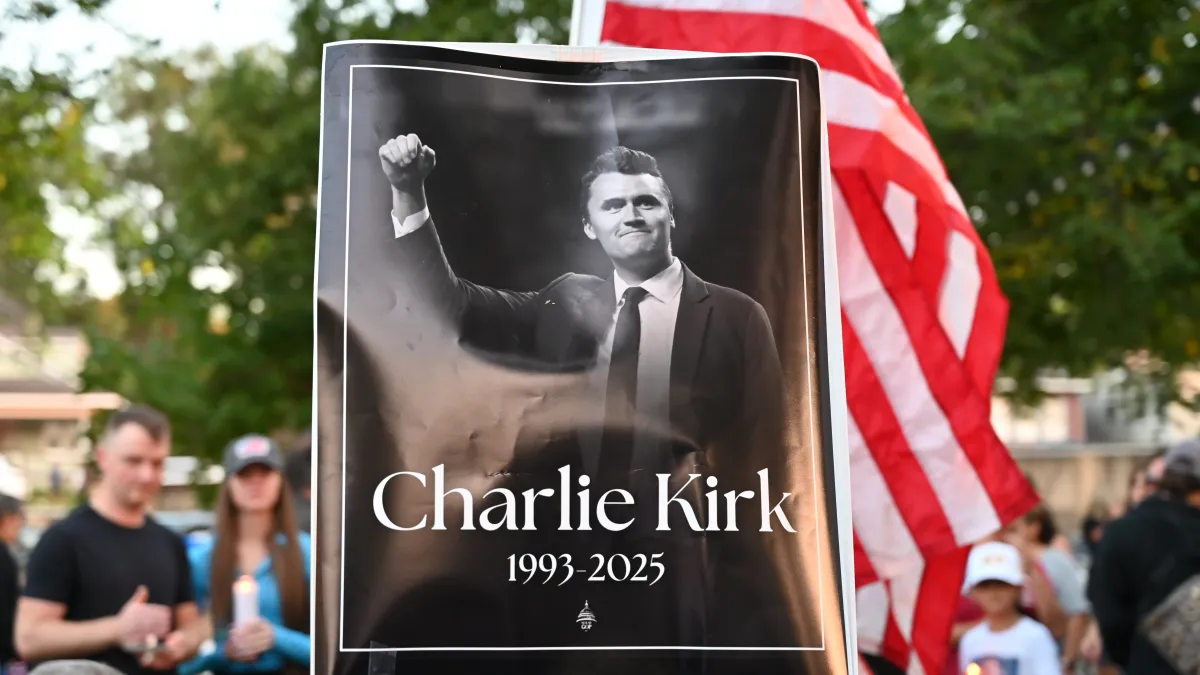“I knew the PlayStation was much better”: Programmer behind legendary PS1 horror game tried to duck out of Virtual Boy development because he knew the VR console “wasn’t going to sell well”
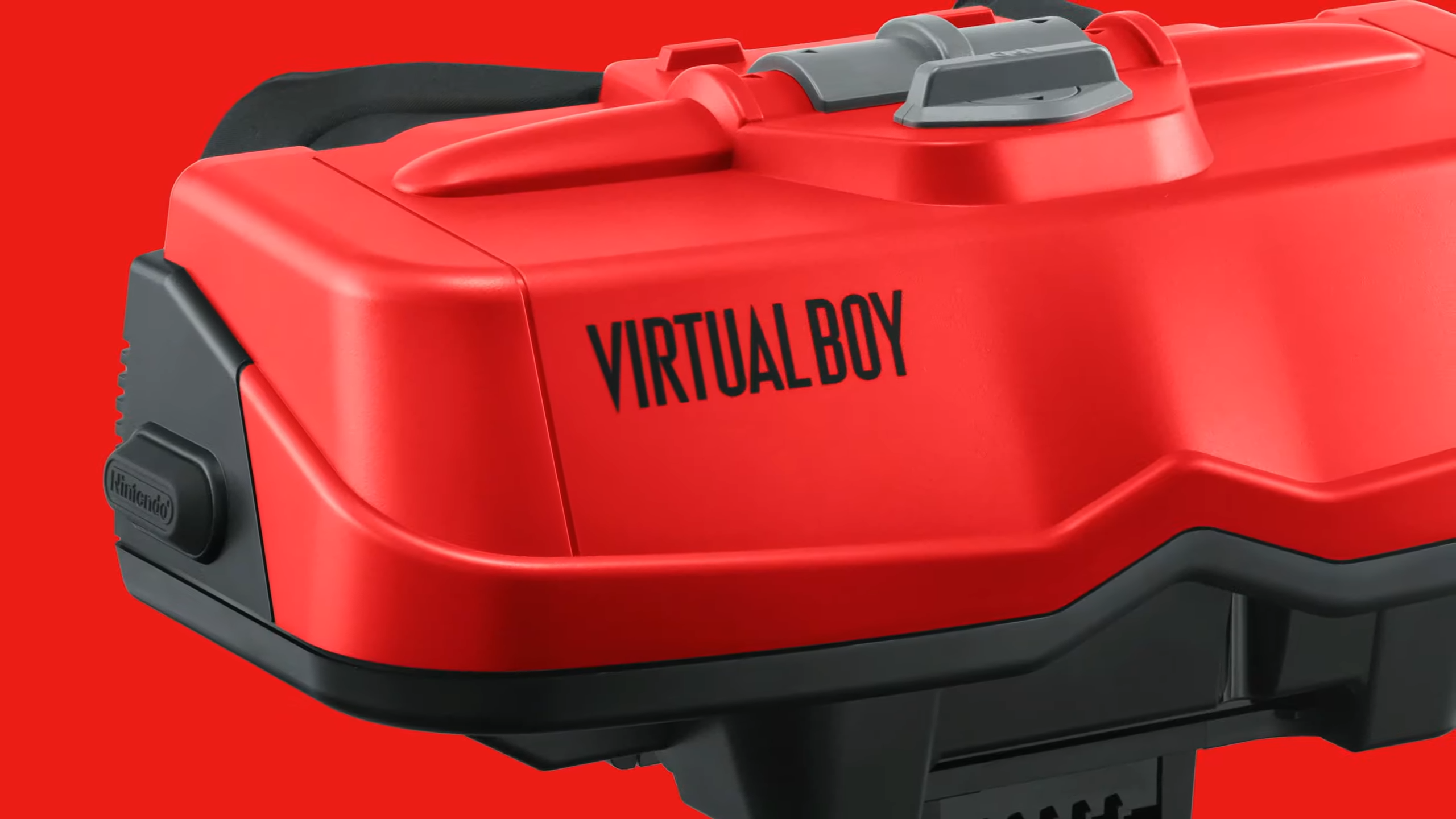
Hindsight is 20/20, and these days it’s easy enough to point out all the factors that coincided to make the Virtual Boy a critical and commercial failure. But as Nintendo gears up to give the VR console a celebratory spotlight on Switch and Switch 2, let’s not forget that it inspired equal parts hope and skepticism even before its launch in the ’90s. That clash occasionally had bosses and employees at video game studios at odds with each other.
Such was the case for Masaki Higuchi, who worked as a programmer at Human Entertainment in the ’90s, just as a new generation of video game consoles was coming onto the scene. Higuchi’s most famous work at Human was on Clock Tower 2 – the PS1 game released in the West as simply Clock Tower – which, despite mixed reviews at launch, would go on to develop a cult classic reputation that stands out even among the original PlayStation’s lineup of horror greats.
But Higuchi’s boss really, really wanted him to be working on a Virtual Boy game instead. “For the first year or so after being hired, I was a sub-programmer on about three titles,” Higuchi explains in an interview recently republished by Time Extension. “After that, new systems such as the PlayStation and the Virtual Boy started appearing, and my boss told me I had to work on the Virtual Boy next. I was totally opposed to the decision, because I really wanted to work on something for the PlayStation.”
“I told my boss that I refused to work on the Virtual Boy. I was half-expecting to get fired. But luckily, people were starting to talk about porting Clock Tower to the PlayStation, and ultimately it was decided to do a proper sequel. So my first major project was as the main programmer for Clock Tower.”
Higuchi says his “boss at the time was a huge Nintendo fan, so he kept pushing us towards the Virtual Boy. But I knew the PlayStation was much better.” History would, of course, bear Higuchi’s feelings out, as PS1 turned out to be the most successful console of its era, and the Virtual Boy ended up being, well, the Virtual Boy.
While Higuchi ended up getting out of any proper Virtual Boy development, he did create “some tools” for development on the platform. Other Human devs worked on a Virtual Boy game, described in the interview as a sort of Space Harrier knock-off, but that project was ultimately canceled.
Fellow Human developer Hifumi Kouno notes in the same interview that the game was canceled because, by the time it was starting to come along, the Virtual Boy had already proven to be a failure. Developing it in the first place “may have been a requirement imposed by Nintendo,” Kouno speculates. “To develop games for the Nintendo 64, Human also had to develop something for the Virtual Boy.”
The corporate politics of Virtual Boy are a whole thing on their own, and popular speculation has long suggested that designer Gunpei Yokoi was forced into an early retirement over its failure. Nintendo has always suggested the timing was coincidental, but according to Tetris legend Henk Rogers, that kind of business martyrdom is just “the way Nintendo is.”
